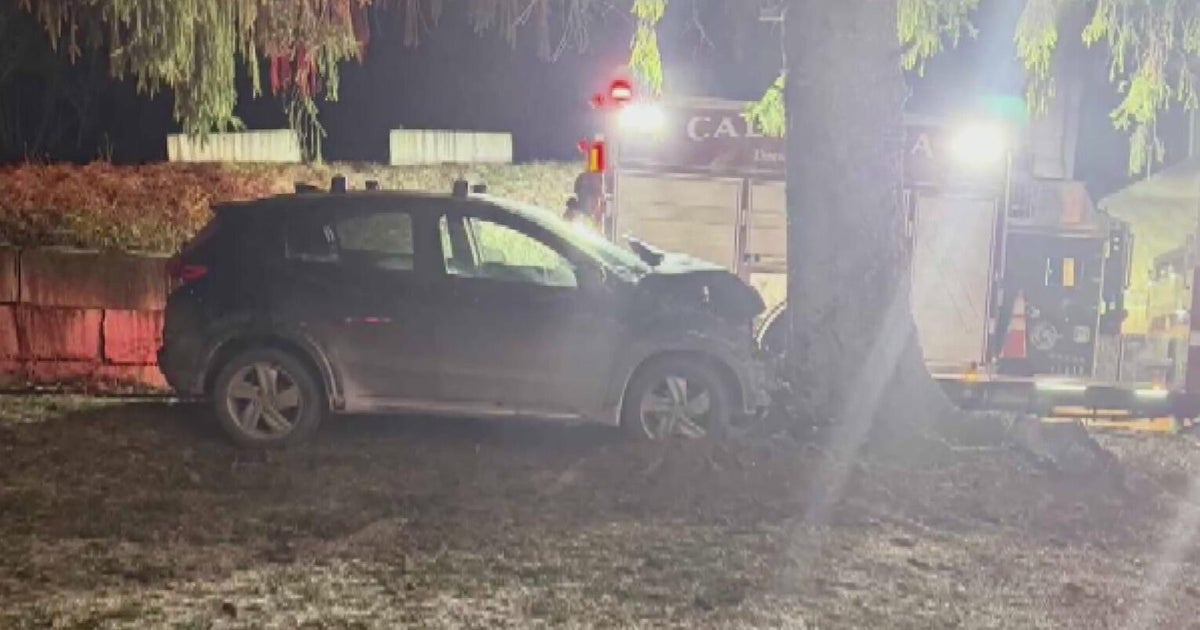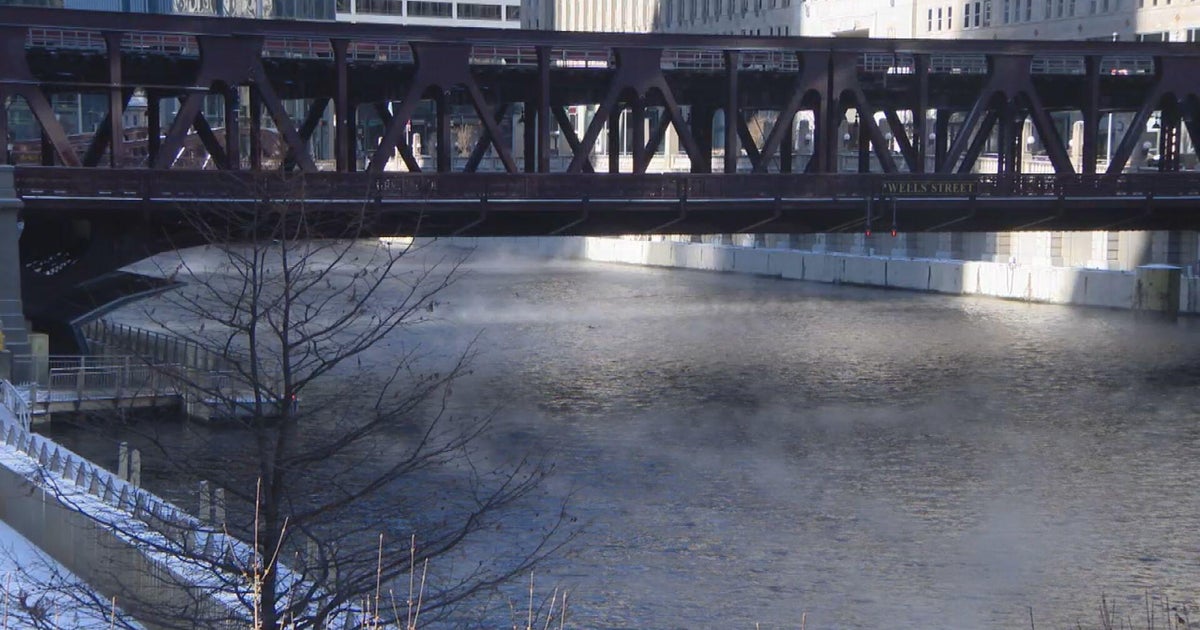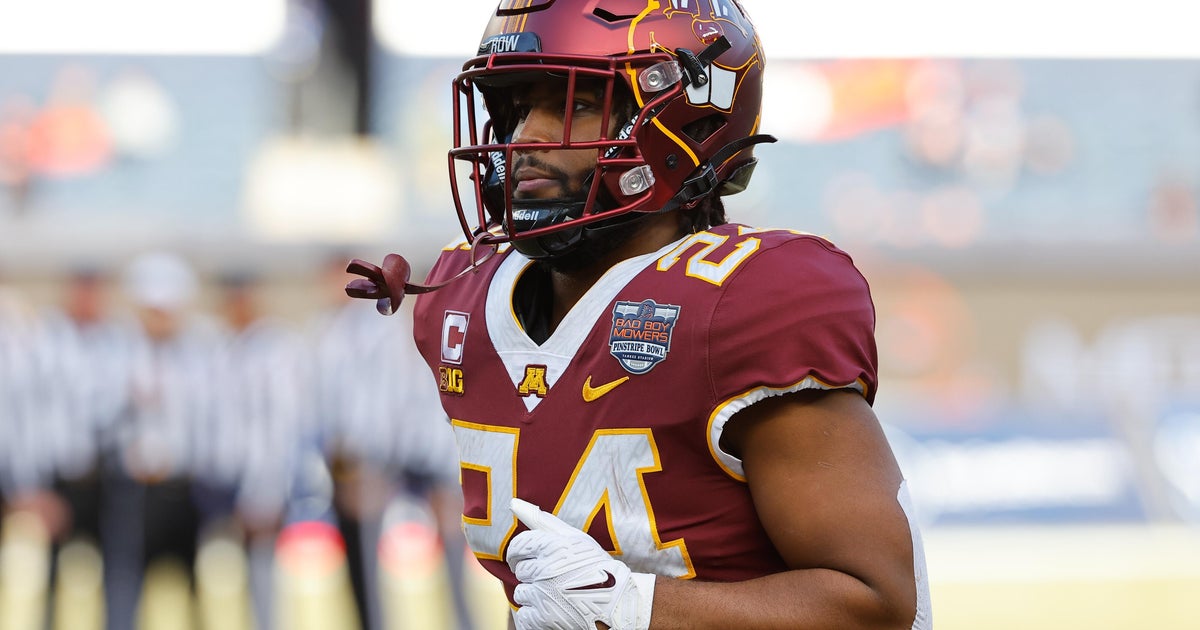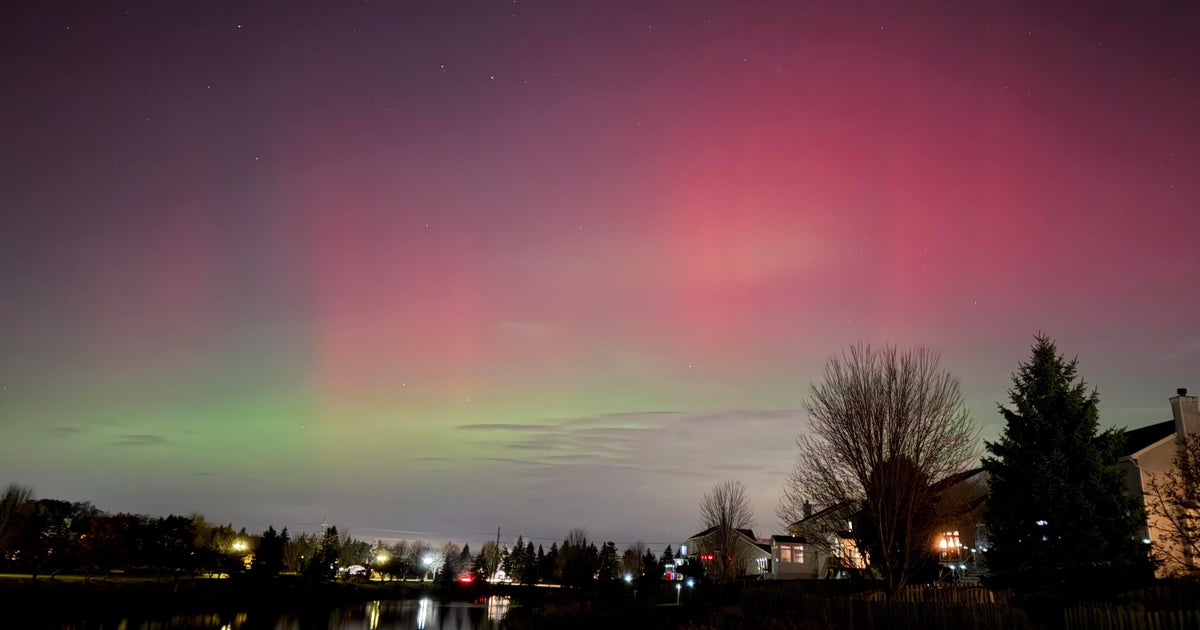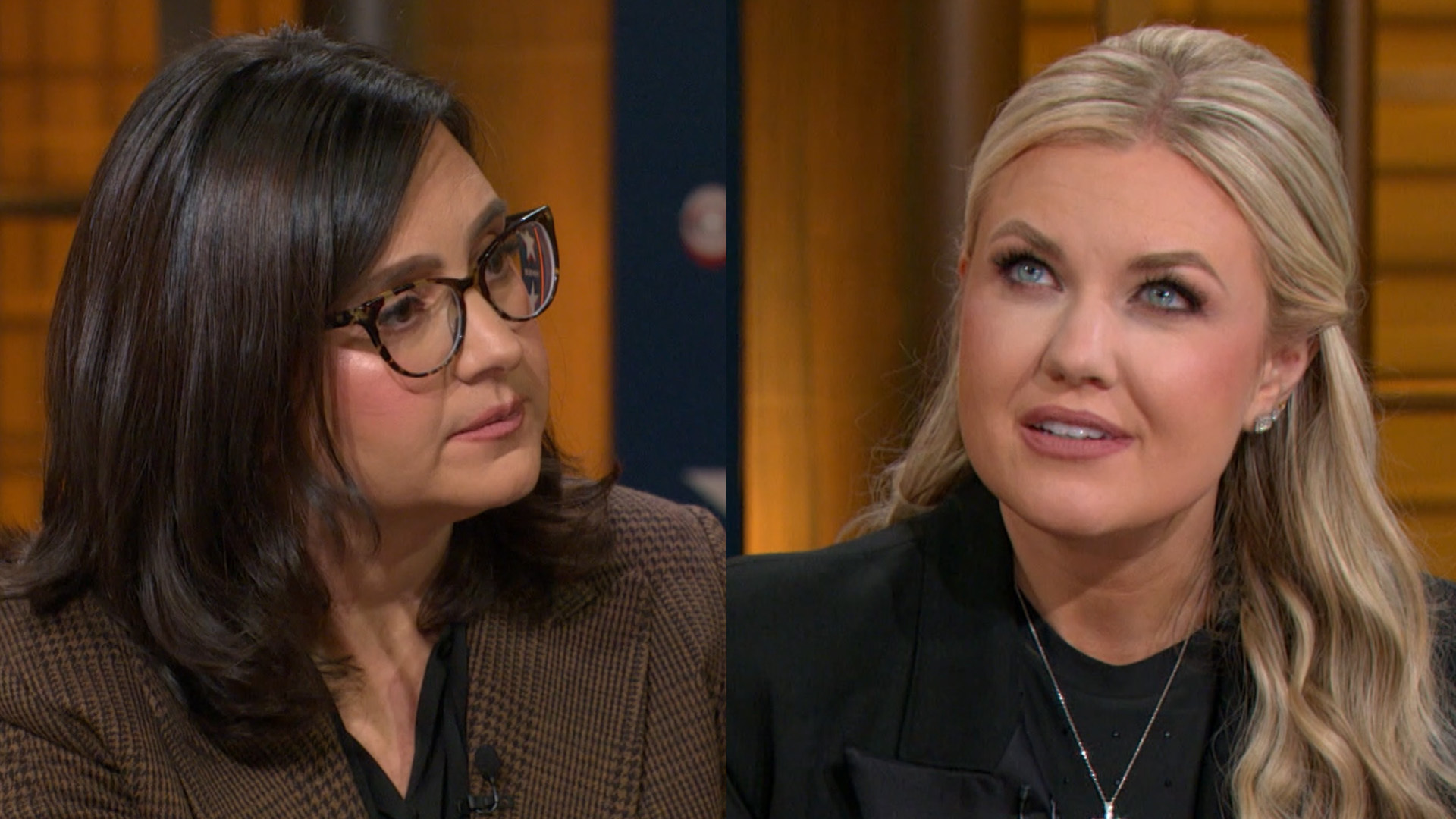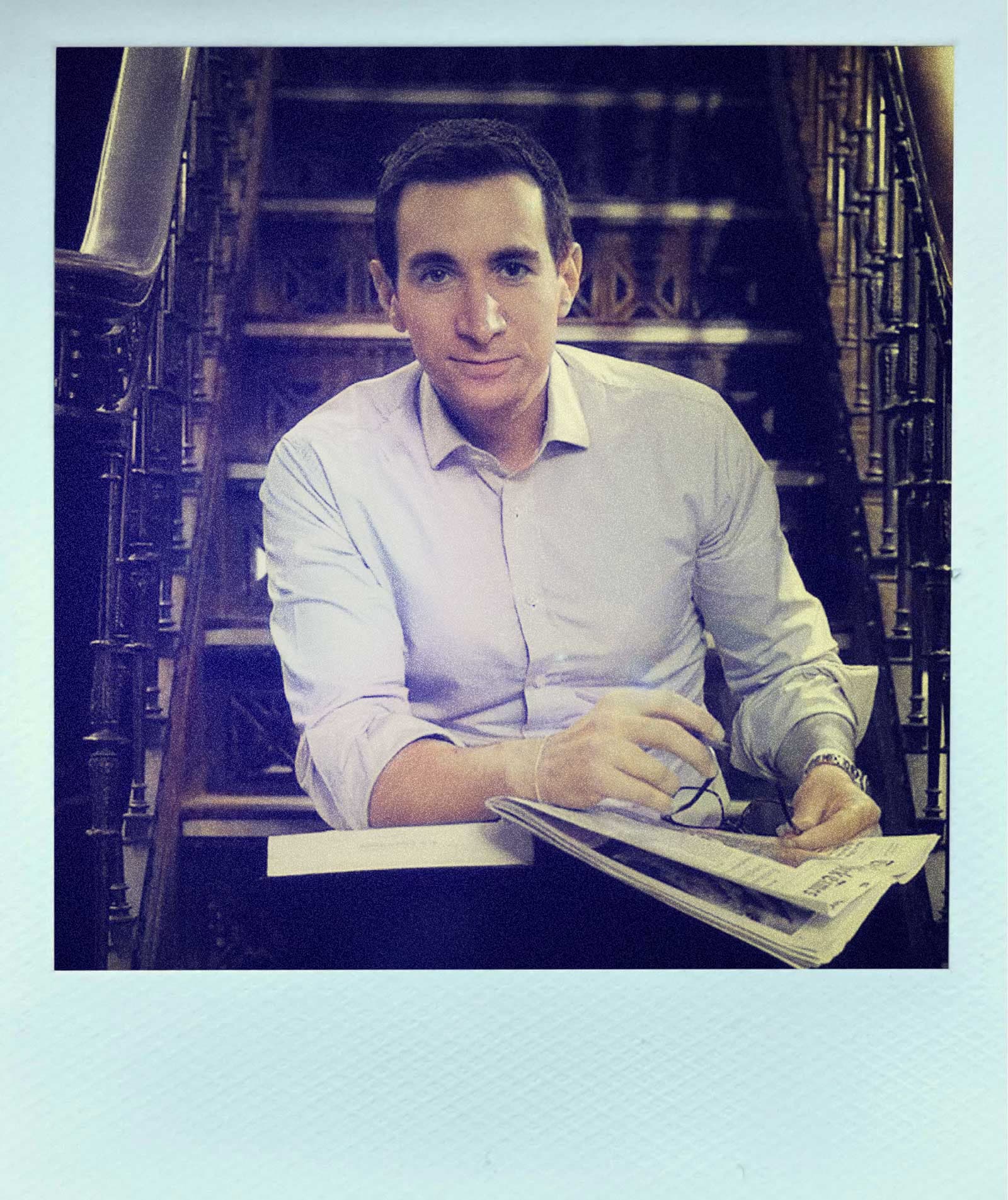What's behind the meteoric rise of beer and cocktail prices?
"CBS This Morning's" series "The Rising Cost" explores rising living costs around the country and the reasons behind them.
The cost of having a cocktail or any alcoholic drink at a bar or restaurant has gone up a whopping 57% in less than two decades, according to federal data. To find out why, "CBS This Morning" co-host Tony Dokoupil tracked a drink's journey from the barley fields to the bars.
The first stop: a North Dakota barley farm that has been operated by state native Doyle Lentz' family for over a century. The grain harvested from the cold northern plains could eventually make its way into a pint of beer or a glass of whiskey.
"I make about a penny a beer," Lentz said. He said it was about the same as what his grandfather made during his time running the farm.
"I'm pretty sure if your cost of your alcohol's going up – probably not happening out here in North Dakota too much," he said.
U.S. breweries and distilleries have seen similar stagnation. Their buyers, liquor stores, have raised the average price of spirits by 14% since 2003 – more so caused by inflation than other factors.
When asked if he was reaping the benefits of bars' marked up prices, Pennsylvania beer distributor Jim Cadden said he "absolutely" wasn't.
In contrast, the price of the same drink at a bar or restaurant has gone up 63%.
Bar owners have admitted to routinely marking up alcohol prices by 300 to 400%, meaning a $10 drink could have originally cost $2.50 or less.
Braithe Tidwell, beverage director at Brennan's restaurant in New Orleans, initially blamed state taxes on a cocktail's price rising from $10 to $13 in two years. She walked back her claim when a menu from 2003 showed the same drink costing only $6.
More than half a dozen restaurant and bar owners who spoke to CBS News revealed that their profits are usually slim even after the high prices of drinks. They pointed to industry shifts such as labor costs, with fewer workers being paid under the table and minimum wage rising in many states.
Some owners also blamed credit cards and their fees, which now make up about 90% of transactions.
Still, Tidwell challenged, the extra cost is to be expected for the "experience" of eating and drinking somewhere other than home.
"You're coming out," she said. "And unfortunately, the guest does have to pay for that in some way."
